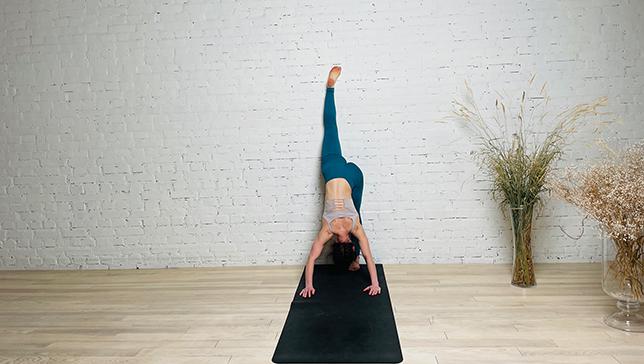
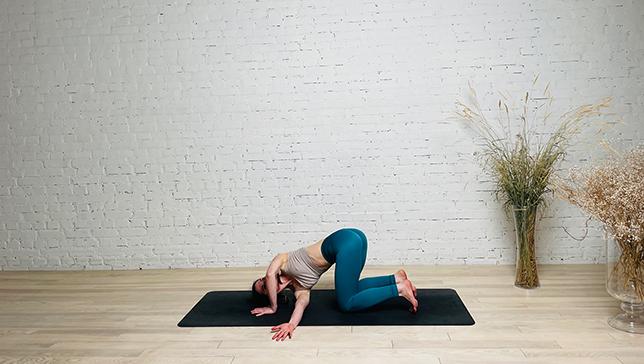
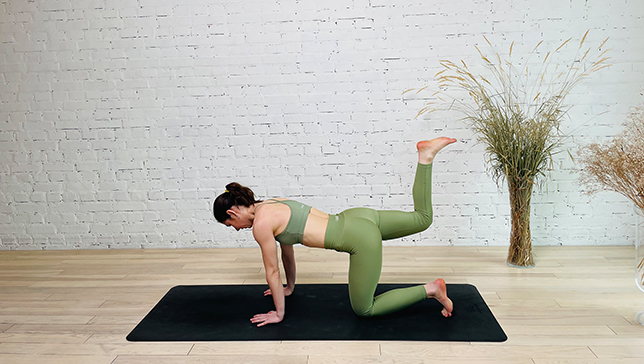
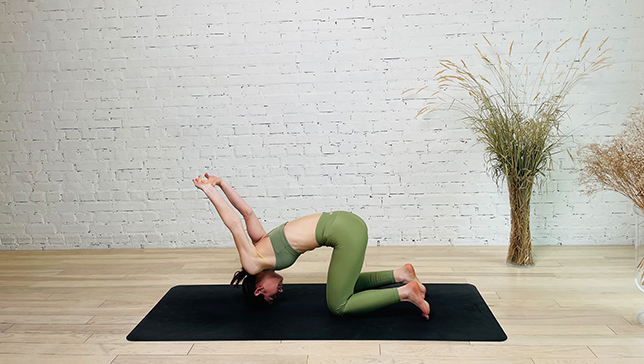
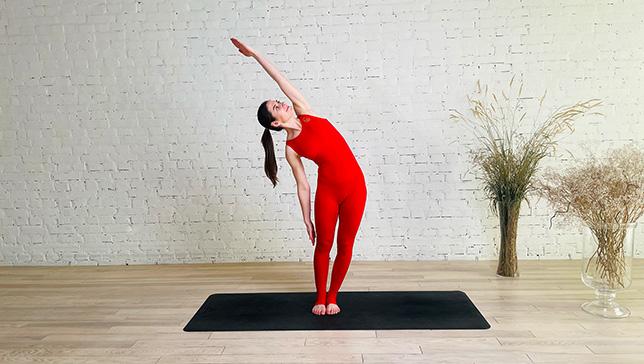

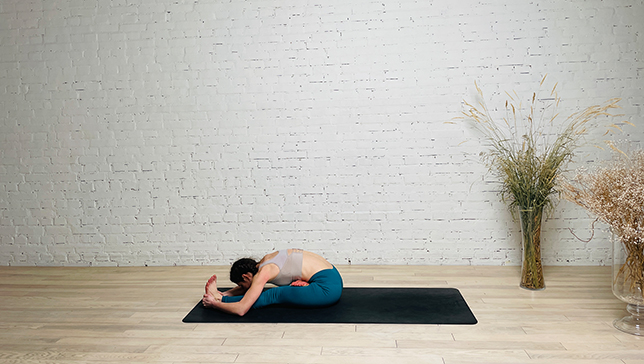
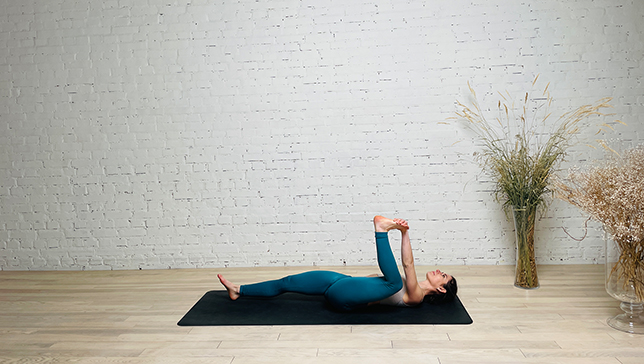
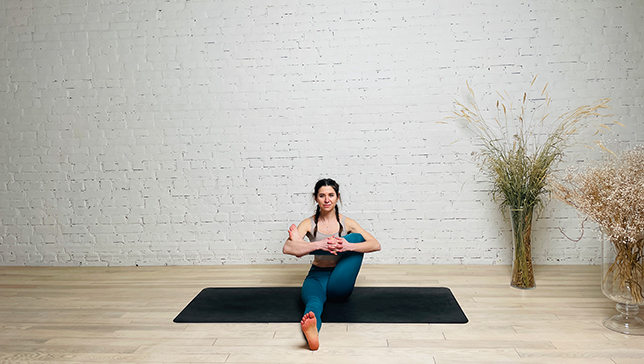
Yoga poses can be effective in helping with anxiety and panic attacks through various mechanisms: mindfulness and breath awareness, relaxation and stress reduction, activating the parasympathetic, nervous system, improved body awareness, emotional regulation, distraction and refocusing.









Yoga can be a beneficial complementary approach for individuals with panic disorder. Panic disorder is characterized by recurrent and unexpected panic attacks, which can be accompanied by intense fear and physical symptoms. Yoga offers several mechanisms that can help manage panic disorder:
It’s important to note that while yoga can be helpful for managing panic disorder, it is not a standalone treatment. It should be used as an adjunct to evidence-based treatments, such as cognitive-behavioral therapy (CBT) and medication if prescribed by a healthcare professional. If you have panic disorder or any specific health concerns, it’s essential to work with qualified healthcare providers and mental health professionals to create a comprehensive treatment plan tailored to your needs.
Calming the Nervous System
Stress Reduction and Relaxation
Improved Breathing and Breath Awareness
Enhanced Mindfulness and Emotional Regulation
Promotes Mind-Body Connection
Positive Impact on Overall Mental Well-being
Acute or severe panic attacks
Severe anxiety disorders requiring immediate medical attention
Certain medical conditions affecting physical mobility
Pre-existing injuries or physical limitations